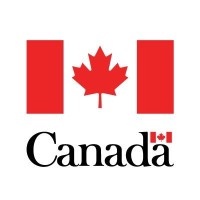
BHER — WIL Hub
At a glance
- No Condition
- Unspecified
- Educational services
- Canada
- All legal structures
- All revenue ranges
- All organization sizes
- All groups
Overview
Find new talent with practical experience and future-relevant skills to help your business grow.
Activities funded
Eligibility
Who is eligible?
The grant is targeted at post-secondary students and Canadian businesses, particularly small and medium enterprises (SMEs), to create or expand work-integrated learning (WIL) opportunities. It aims to include students from equity-seeking groups, including those from rural, remote, and Northern communities, Indigenous students, racialized students, students with disabilities, and newcomers to Canada.
Who is not eligible
There are specific types of companies that are not eligible for this grant. The grant excludes the following types of companies:
- Non-profit organizations
- Individual consultants
- Government agencies
Eligible expenses
This grant supports efforts that contribute to building meaningful Work-Integrated Learning (WIL) ecosystems across Canada, supporting diverse student populations as they transition from education to employment. The initiatives eligible for this grant focus on enhancing employer capacity, developing new WIL programs, and providing equitable opportunities for students.
- Development and expansion of WIL opportunities in partnership with industry and educational institutions.
- Creation of innovative WIL models such as micro-placements and competitions.
- Building employer capacity and infrastructure to support diverse WIL placements.
- Providing tools and resources for employers to facilitate quality WIL experiences.
- Research and evaluation of WIL outcomes to identify successful practices and areas for improvement.
Selection criteria
There are evaluation and selection criteria for this grant.
- Project relevance to the grant objectives
- Demonstrated capacity to deliver the project
- Potential impact and benefits of the project
- Budget justification and financial sustainability
- Evidence of partnerships or collaboration
How to apply
Determine Eligibility
- Verify that your organization falls within the eligible categories, such as industry, post-secondary institution, not-for-profit organization, or SME.
- Ensure your project aligns with the goals of creating or expanding WIL opportunities and supports diverse, equitable access for students.
Complete the Application Form
- Access the official application form from the granting body’s website.
- Fill out all required fields accurately, detailing your organization's information and the WIL program you plan to develop or expand.
Prepare Supporting Documentation
- Gather all necessary documents, such as financial statements, project plans, proof of eligibility, and letters of support from partners.
- Ensure that all documents are up-to-date and clearly labeled to match application requirements.
Submit the Application
- Review your application and supporting documentation to ensure completeness and accuracy.
- Submit the application through the specified submission method (e.g., online portal, email) before the deadline.
Await Confirmation and Review
- After submission, await confirmation of receipt from the grant organization.
- Be prepared for any follow-up requests for additional information or clarification during the review process.
Receive Decision and Feedback
- Receive the grant approval or denial notification.
- If approved, follow any instructions for the disbursement of funds and reporting requirements.
- If denied, review feedback provided, if any, to improve future applications.
Additional information
Here are additional relevant details for this initiative:
- BHER's WIL Hub provides tools and resources that are continually updated, which stakeholders can leverage to enhance WIL placements.
- The initiative aims to support sustainable and inclusive WIL ecosystems that cater to a diverse student population, including those from under-represented and equity-seeking groups.
- Collaborative partnerships with various stakeholders, including educational institutions and industry leaders, are a focal point of the initiative to broaden WIL opportunities.
- Efforts are made to evaluate and measure the impact of WIL programs, ensuring continuous improvement and relevance to labor market needs.
Frequently Asked Questions about the BHER — WIL Hub Program
What is the BHER — WIL Hub?
Who can I contact for more information about the BHER — WIL Hub?
Where is the BHER — WIL Hub available?
Is the BHER — WIL Hub a grant, loan, or tax credit?
Who are the financial supporters of the BHER — WIL Hub?
More programs like this

Industrial Research Assistance Program (IRAP) – AI Assist
National Research Council Canada (NRC)
Mitacs Accelerate
Mitacs
Canada Service Corps – Service Placements Regional Stream
Employment and Social Development Canada (ESDC)
ISED — Artificial intelligence (AI)
Innovation, Science and Economic Development Canada (ISED)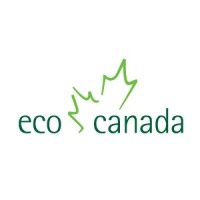
ECO Canada — Student Work Placement Program
ECO Canada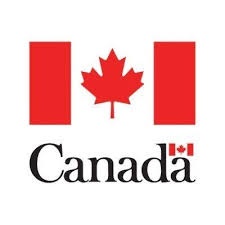
Active Transportation Fund
Housing, Infrastructure and Communities Canada (HICC)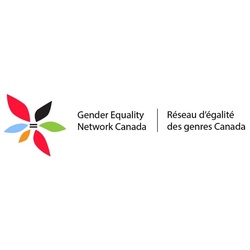
Equality for Sex, Sexual Orientation, Gender Identity and Expression Program
Women and Gender Equality Canada (WAGE)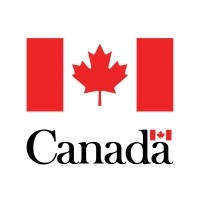
Crime Prevention Action Fund (CPAF)
Public Safety Canada (PSC)
Substance Use and Addictions Program (SUAP)
Health Canada